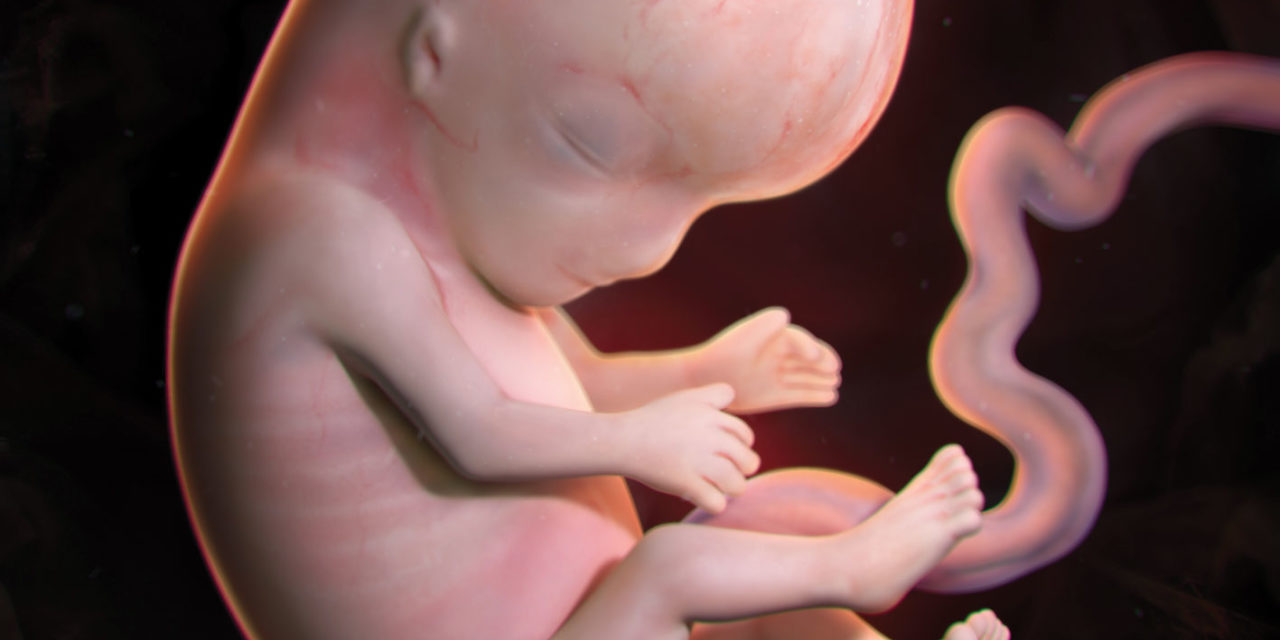For decades, medical researchers have debated the point in fetal development that a preborn baby is able to feel and process pain. Recent studies have demonstrated unborn babies are capable of feeling pain by the 20th week of pregnancy, but politics often influences how—and whether—those studies are reported. The future of late-term abortion policy hinges on the interpretation of the latest scientific data.
According to the U.S. Centers for Disease Control and Prevention, only 1.3 percent of abortions in the United States are conducted after the 20th week of pregnancy. Though this percentage is small, it represents thousands of young lives ended prematurely through one of abortion’s cruelest procedures: Being dismembered while still alive inside the uterus.
Abortion activists argue that preborn babies are only capable of feeling pain after 29 weeks of gestation—the point in development when portions of the brain critical for pain perception, specifically the thalamus, have matured and are fully functional.
Though this argument has some merit, there is strong evidence that preborn babies are able to process pain earlier than previously thought.
The development of the brain is complex, but research published in the medical journal Seminars in Pathology in 2007 suggests it likely grows temporary connections necessary for pain perception by the 20th week of pregnancy. Those temporary brain cells will slowly die off by the 29th week as the thalamus matures. This indicates the short-term brain connections mimic the final structures and help temporarily facilitate pain perception.
There are three significant examples of how preborn children react to pain by the 20th week:
- Recoil: Babies in the uterus have been observed pulling away from sharp surgical instruments like scalpels and needles during procedures. This reaction only occurs when anesthesia has not been administered.
- Stress hormones: In response to painful surgical or medical procedures, preborn children show elevated stress hormones like cortisol.
- Nerve fibers: Evidence suggests that nerve fibers are closer to the surface of the skin, which would cause preborn babies to experience pain more intensely than older infants, children or adults.
These reactions are not simply reflexes, as abortion supporters argue, but true responses to harmful stimuli. As a result of these observations, preborn babies are now given anesthesia during potentially painful medical procedures and surgeries to help avoid life-threatening complications—when their mothers want to keep them.
Studies of premature infants born between 24 and 32 weeks gestation indicate that brain chemistry changes as a result of the pain they experience during medical procedures.
As several medical journal articles point out, medical practice for neonatal intensive care units nationwide would have to change years of standard medical practice if premature infants aren’t able to feel pain until the 29th week of development.
For More Information:
To learn more about this complex issue, you can review our new online resource on Fetal Pain at http://bit.ly/2hP8hG7. To read the study in Seminars in Pathology, visit http://bit.ly/2isczmV.
Originally published in the February 2018 issue of Citizen magazine.






